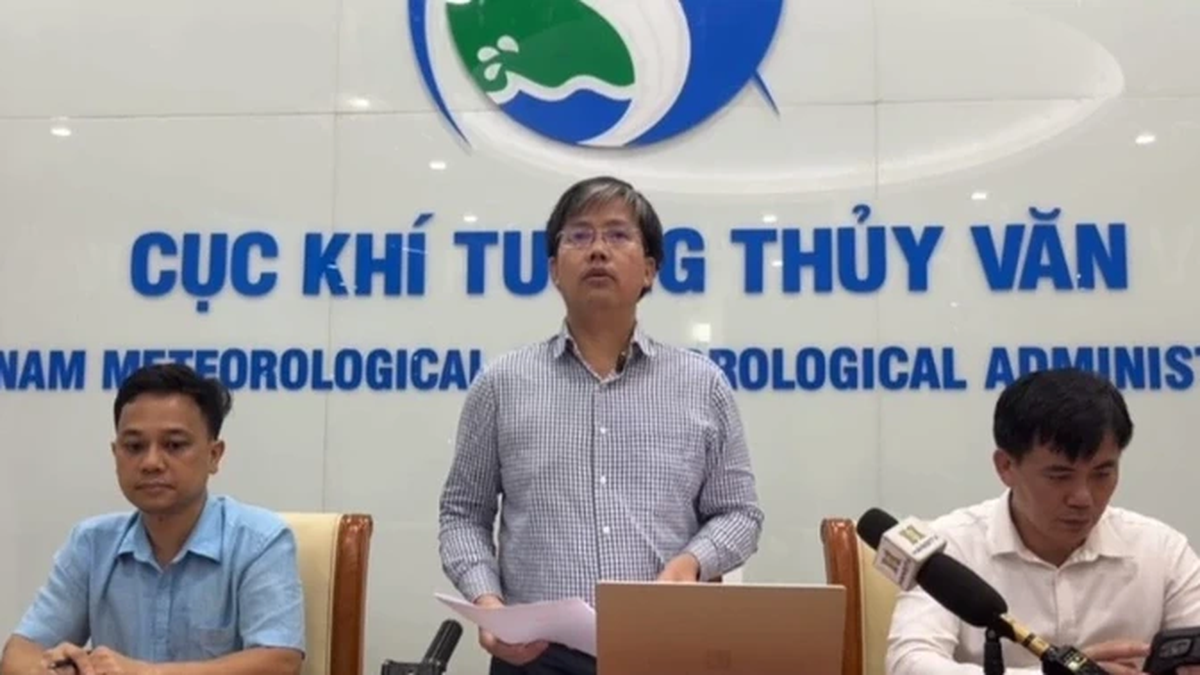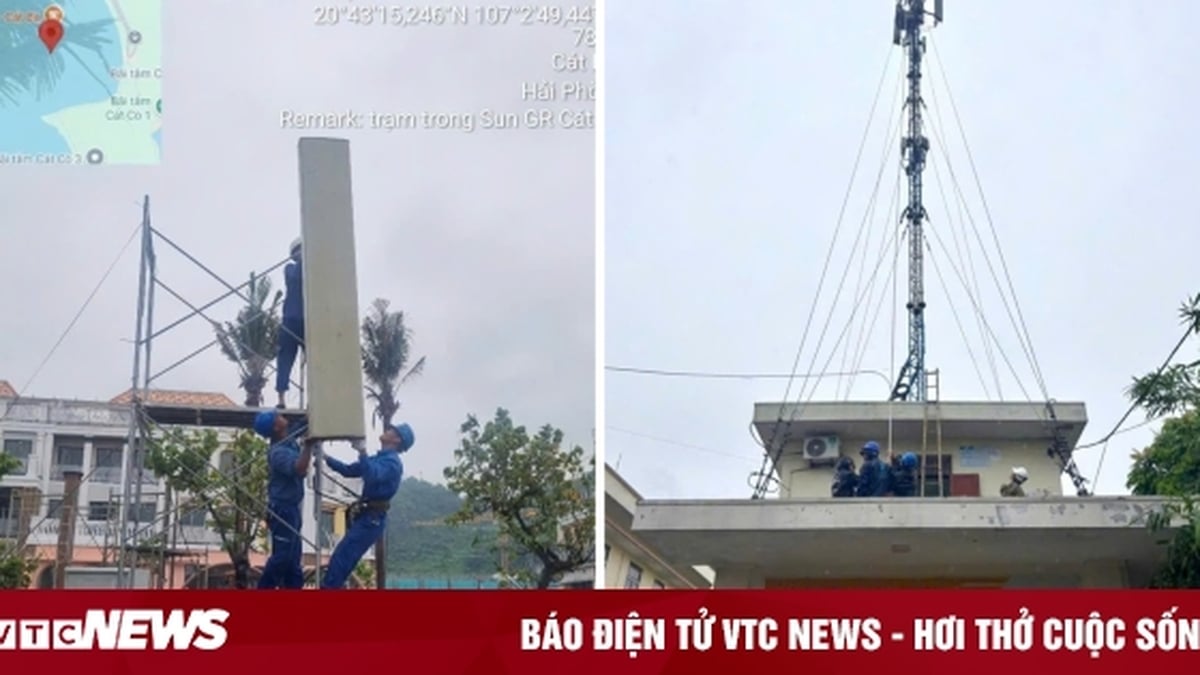.jpeg)
Recently, on Facebook, a fanpage called "Cybersecurity Reporting Department" appeared using the logo of the National Cyber Security Association.
This page “runs” ads that are displayed to users, with the content: “Many people are victims of digital fraud. Assets are transferred through virtual apps, e-wallets, and fake accounts. Tracing the flow of money can help clarify and support asset recovery. Message us now if you need initial support”...
Speaking to reporters of the Hanoi Moi Newspaper this morning, July 21, security expert Vu Ngoc Son, Head of the Technology Department of the National Cyber Security Association, said that currently, the situation of Facebook pages running advertisements promising to support victims of fraud to contact them to "report and get their money back" is becoming more and more common.
This is essentially a "double" scam, where the subjects take advantage of the victim's anxiety to continue to appropriate more money, often in the form of service fees, connection fees or "network security" fees.
Facebook ads like this do not bring any benefits, but only cause victims to lose more money and personal information.
.jpeg)
These fake sites often use names such as “ Ministry of Justice ”, “Ministry of Public Security”, “Department of Cyber Security and High-Tech Crime Prevention” or “National Cyber Security Association” to gain credibility.
After the victim contacts via Messenger or Zalo, they will ask for personal information, bank account number and money transfer under the pretext of “collection fee”, “verification fee” or “connection with authorities”. As a result, the victim does not get any money back, but instead loses more money.
“No government agency (such as the Ministry of Public Security or the Ministry of Justice) uses Facebook to run ads to support money recovery. Recovering defrauded money must go through formal legal procedures, not through social networking sites. Sharing information can lead to other forms of fraud, such as account hacking or using data to take out fake loans,” said expert Vu Ngoc Son.
To avoid falling into this scam, expert Vu Ngoc Son emphasized that users need to apply the following measures: Do not trust advertisements on social networks. Any advertisement that promises to “recover the money that was scammed” is a sign of a scam. Avoid clicking on links or contacting strange pages, even if they have a blue tick (because this mark can be faked).
Before contacting any service, check if the site is an official agency.
If you are a victim of fraud, report it immediately to the nearest local police station. Do not transfer money to anyone to “assist in reporting”. Any recovery of money (if any) will be handled through the investigation agency, without asking for a fee from the victim.
Do not share your phone number, bank account number, OTP code, or personal information with anyone on social media. Use two-factor authentication (2FA) on Facebook and banking apps for added security.
Share information about these scams with loved ones, especially the elderly and children. If in doubt, seek advice from a reputable professional.
Source: https://hanoimoi.vn/xuat-hien-fanpage-gia-mao-hiep-hoi-an-ninh-mang-quoc-gia-de-lua-dao-kep-709814.html































![[Photo] National Assembly Chairman Tran Thanh Man visits Vietnamese Heroic Mother Ta Thi Tran](https://vphoto.vietnam.vn/thumb/1200x675/vietnam/resource/IMAGE/2025/7/20/765c0bd057dd44ad83ab89fe0255b783)






































































Comment (0)